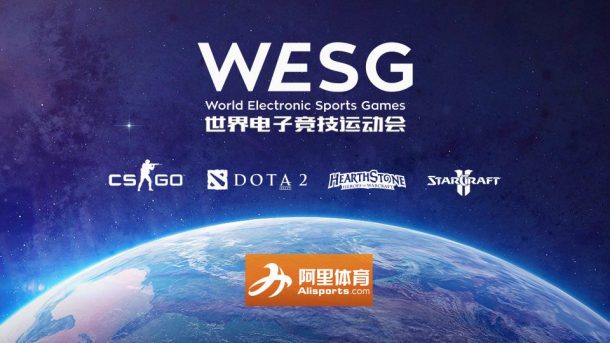Jizhong Wei explains how Chinese esports compares to traditional sport at WESG’s summit
On Mar. 14, WESG hosted the Esports Industry Summit during 2019 WESG Chongqing Grand Finals and gave us all an insight into not only Chinese esports but Asian esports in general.
In the summit, attendees discussed the opportunities and challenges in Esports & City Development for exploring the road to develop esports in the future. Numerous giants in various areas of the esports industry attended the event, including Team Liquid, Newzoo, Alisports and Asian Electronic Sports Federation (AESF).
Mr Jizhong Wei, the Honorary Life Vice President of the Olympic Council of Asia, revealed at the event how Chinese esports differs from tradional sport: “The organization mode of traditional sports in China is a typical top-down organizational structure, which means the industry is supported by a city or a nation.
“However, due to the commercialization, the esports industry still follows a horizontal organizational structure, which relies on self-discipline to regulate the industry. To achieve the mutual development of esports and traditional sports, it is vital for esports to be recognized and supported by the public and nation.”
Wei also added the key differences between esport and traditional sport stars and what advantages esports has: “Although esports are quite different from traditional sports, esports has its unique advantages. Firstly, the cost of training a professional esports player is much less than traditional sports. Secondly, professional esports players have a longer sports career than traditional sports players. These two points are precisely the disadvantages of traditional sports. Therefore, if esports and traditional sports can be combined together, two industries can mutually compensate for their disadvantages and attract more young people.”
“To achieve the mutual development of esports and traditional sports, it is vital for esports to be recognized and supported by the public and nation”
Also at the event was Mr Rui Zhang, Deputy General Manager of Alisports Electronic Sports Department. Alisports, a subsidary of the Asian e-commerce giant Alibaba has been key to pushing esports within China, how Zhang believes there is more need for growth throughout the entire country.
He said: “The current Chinese esports industry is just like a grove rooted in Shanghai and Beijing, but more groves are needed across the country. Although more groves cannot be achieved overnight, esports practitioners can build a complete esports ecological chain to accelerate the development of the esports industry. Therefore, the establishment and promotion of the complete esports ecological chain may be a prerequisite for the sustainable development of the esports industry.”
“Esports practitioners can build a complete esports ecological chain to accelerate the development of the esports industry.”
The summit also mentioned that it is unnecessary for the current esports industry to prove itself to society. As long as it can develop sustainably and steadily, it can be recognized by society step by step.
Esports Insider says: Although the debate about esports and traditional sports has been last for a long time, this summit clearly showed the road to develop esports with traditional sports in the future. It is expected that more global esports summits should be held to help Western and Eastern esports practitioners know each other and solve industry problems together.





























